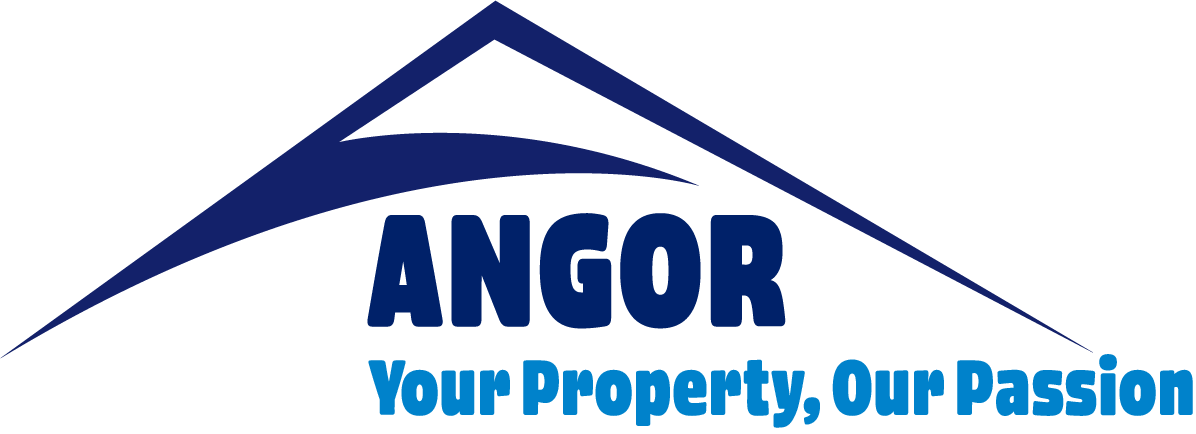Transparency in Community Schemes, and the Three Keys That Encourage It
For many potential residents, the community is what makes or breaks the decision to move into your Scheme.
This is not without good reason. The state of a Scheme’s community doesn’t just determine how neighbourly it is — it also impacts the kinds of rules a Scheme will pass, the kinds of amendments it will make to its code, and the various ways in which that code will be used.
Naturally, both for current and for potential residents, transparency makes all the difference in matters like the above. Most residents, especially those choosing to lay down the relative independence of freeholding, want to feel that they are secure, that their community is approachable, that their Trustees can be depended on, and that critical Scheme information can be found when needed.
Ultimately, it all comes down to trust. As qualities like the above are fulfilled, trust is built. As transparency is sustained, that trust is maintained, ultimately leading to a healthier community made up of more content residents.
The First Key to Transparency
The first key to transparency is openness. Openness and transparency may seem interchangeable, but they actually have important nuances. Transparency is all about seeing things clearly. Openness is all about interactions between people.
What’s the main way the people within your Scheme will interact? The same way as almost anyone else: communication. If you don’t have a good communication system in place for your Scheme, it will be very difficult to sustain a culture of transparency.
Of course, as relationships evolve, people will naturally gravitate towards the forms of communicating that suit them best, but for the Scheme as a whole it is important to have a standard, baseline method that accounts for everyone and their boundaries.
To this end, having a WhatsApp, Slack, or similar group chat would be best. If need be, you can have multiple group chats on one platform: one for feedback and discussions, one for reporting emergencies, and one for more relaxed social discussions. Make sure everyone in the Scheme is invited onto all these groups.
The precise number of these chats or channels doesn’t matter. What ultimately matters is that a virtual, convenient meeting space is created; one where urgent or important matters can be discussed openly before (or even without!) calling for a meeting.
One-way chats aren’t recommended. Let owners have a space to reply collectively and bounce off one another. Everyone present has bought into the property Scheme and wants to see it work. Trust them to be mature when it matters. As people share concerns, ups, and downs with one another, transparency is encouraged, and deeper trust takes root.
The Second Key
The second key is example, and this is the one most likely to make an impact on potential owners before they commit to moving in. If a Scheme’s Trustees, Managing Agents, and similar community pillars step up in modelling transparency, it becomes a lot easier for the Scheme’s residents to lean into that.
In this matter, financial transparency should be considered a baseline — if residents get charged levies falsely, or if the Body Corporate cannot easily track where its funds are going, a Special General Meeting needs to be called to address this pronto.
But again, that’s a baseline, and a very reactive one at that.
As said residents also choose the Scheme Trustees via their Body Corporate, they can be mindfully proactive by picking leaders embodying the necessary traits. What are these traits? In matters of transparency, they are:
- Approachability: How easy is it to approach the potential Trustee with your concerns? If they aren’t able to address them right now, are they able to delegate your issues to someone else you can trust? How do they act when you approach them? Do they make you feel welcome, or do they make you feel bad for even daring to speak up? If the leadership of a Scheme is not approachable, it’ll have a hard time modelling transparency.
- Empathy: Does the potential Trustee listen well? Do they have an easy time understanding the concerns of others, or relating to their experiences? Or do they brush people off, merely placating and ignoring them most of the time?
- Proactive communication: Does the potential Trustee invite others to come speak to them when potential concerns are in the air, or are they content to simply let things simmer? It’s normal for people to be shy, but the leadership needs to be encouraging and help their residents step out of that if transparency is to become a core value.
- Accountability: How willing is the potential Trustee to remind residents of their rights? Is their focus on respecting and upholding those rights, or on consolidating power for themselves? Are they willing to admit when they are wrong, or do they try paint themselves as an infallible god?
If you know owners who meet these criteria well, yet haven’t stepped up for the role of trustee, strongly consider approaching them and asking them to. If a Scheme has multiple Trustees, it’s important for as many of them as possible to embody the above qualities if you want transparency to take root.
The Third Key
The third key is participation. If you already have a good two-way communication system in place, and accountable, approachable leadership and management, then this key comes into play naturally.
It also feeds back into the former two. As residents continue to participate by exercising their rights, they help their leaders stay accountable. As residents continue to participate by communicating and engaging in community, openness is encouraged.
Speaking of engaging in community, participation isn’t just about calling for or showing up for meetings, although that is important. If you want meaningful change within your Scheme, it is also about organizing friendly events on common ground, where residents (perhaps even prospective ones!) may voluntarily arrive, hang out, and befriend one another. “Voluntarily” is the key word here. If people feel forced or peer-pressured into attending, then the sincerity of the gathering — and its point — is lost.
Since everyone will always have their own plans, consider a regular, perhaps even weekly, social gathering that people can attend as they please. This can always be organized and amended via the platforms set up under the first key.
Depending on the desires of the Scheme, the gathering could be a Friday bingo night. It could be a Sunday braai. It could be pavement painting with sand. The precise nature of the event doesn’t matter too much, especially if food and music are involved, and if everyone’s encouraged to bring and share.
What matters is that residents are given a space that lets them form social ties, rather than be connected purely through practicality and circumstance. The more people know each other, the more open they are likely to be, and the more likely they are to stand up for one another.
Ultimately, transparency comes down to trust. By having a convenient, reliable communication platform, trustworthy Trustees, and a way for residents to bond, your Scheme will be on a good road to keeping that trust maintained.
To contact ANGOR with any questions, or for financial and property management advice, please go to: https://www.angor.co.za/
Why Participation in Decision-Making is Essential for Sectional Title Scheme Members
How to Improve Efficiency and Eco-Consciousness in Your Sectional Title Scheme
Environmental Concerns: Managing Waste Disposal and Recycling in a Sectional Title Scheme

